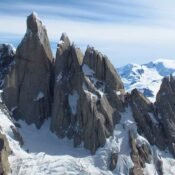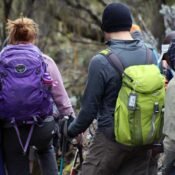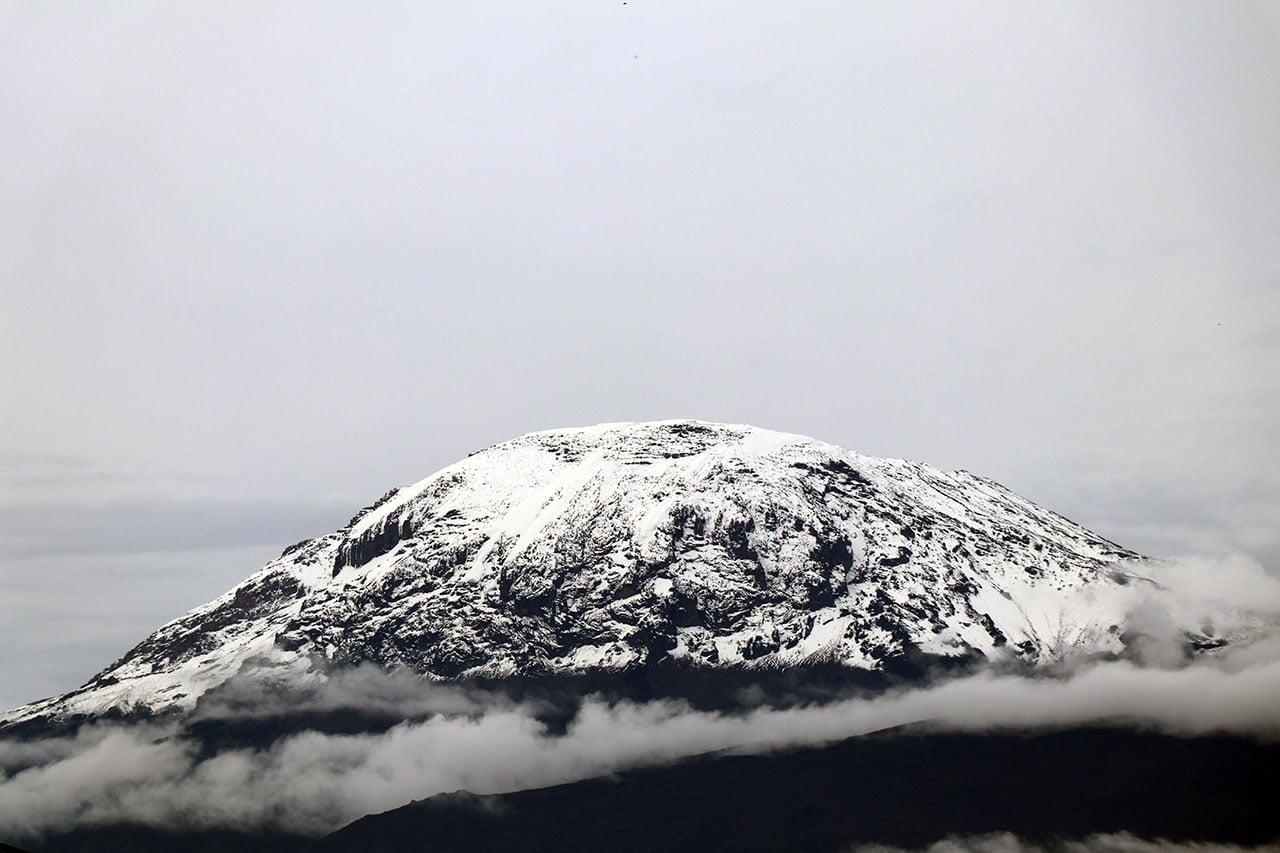How to Prepare for Climbing Kilimanjaro
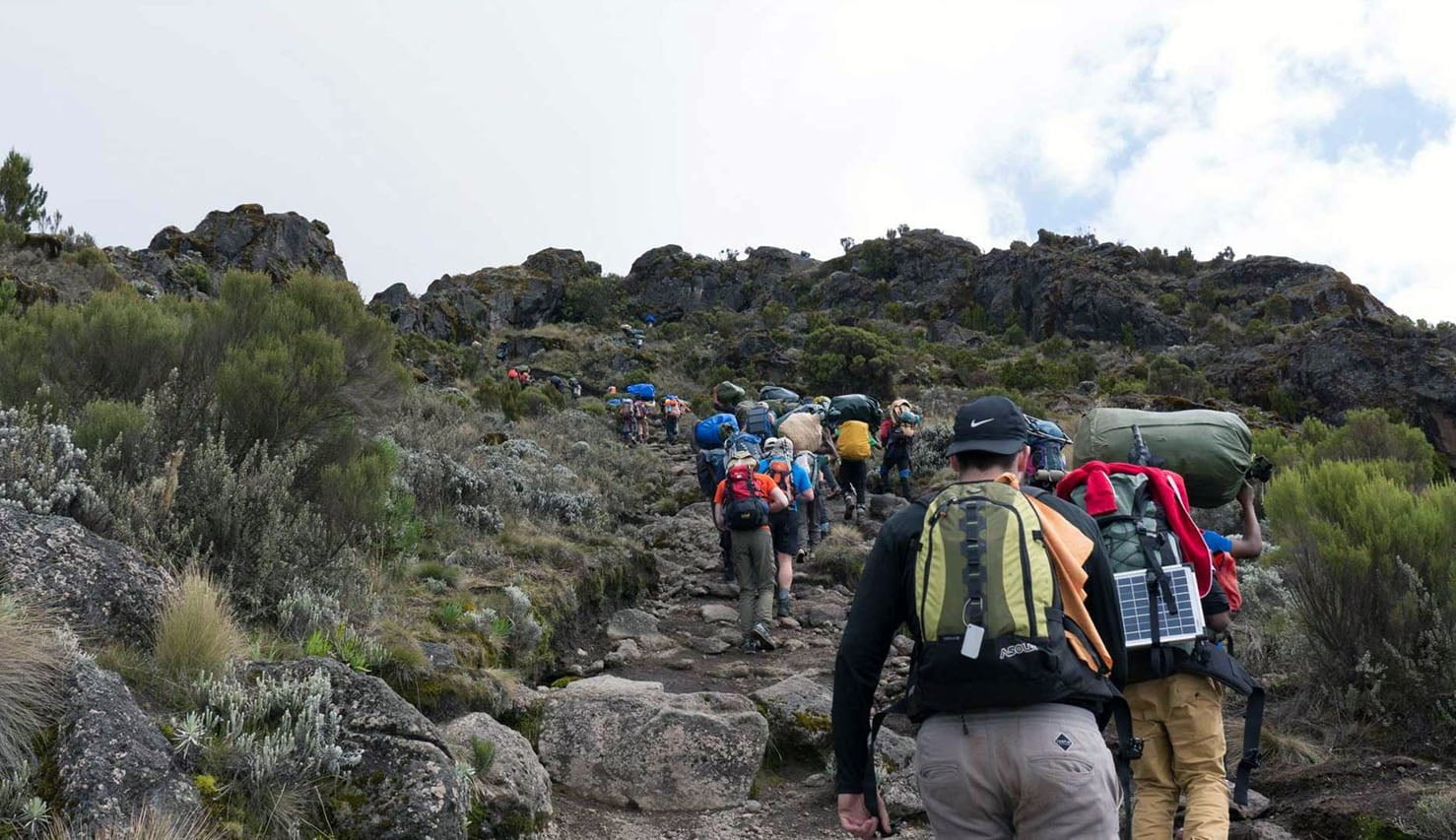
How to Prepare for Climbing Kilimanjaro
Kilimanjaro Equipment
Climbing Mount Kilimanjaro involves a large amount of preparation. This article covers what you should do before arriving in Tanzania. Mount Kilimanjaro has five ecological zones, each with its own distinct climatic and meteorological features. Climbers must have the appropriate gear to keep warm, dry, and comfortable in a variety of weather situations.
At the beginning of your walk, the rainforest is usually warm and damp. The mountain and alpine desert zones grow colder and dryer as you move higher up. The summit may be exceedingly cold and windy, as one would expect given its location in the Arctic zone.
How to Prepare for Climbing Kilimanjaro is like going from summer to winter in a few days. Your clothing will reflect this as well. You will require technical clothes, including a waterproof jacket, a fleece jacket, and multiple base layers. Hats, gloves, a down jacket, and a warm sleeping bag are all required for cold-weather activities.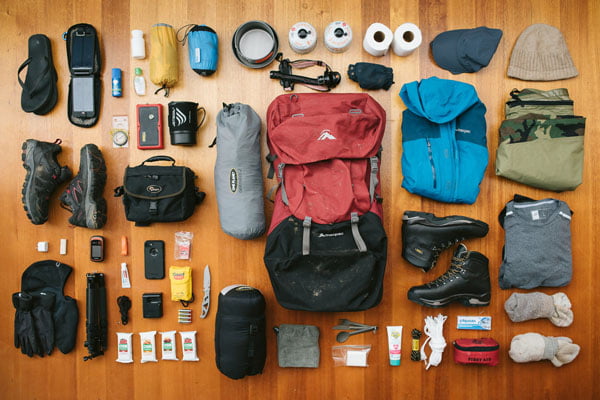
Download PDF File
The Masatu Tours gear list includes everything you need to climb Kilimanjaro.
You must bring your gear and equipment, but shared equipment (tents, food, cooking supplies, etc.) is supplied.
Clients with trekking and backpacking expertise will already have the majority, if not all, of the items on the list. Starting from scratch will require some time and money to build the goods. Consider renting gear from retailers or borrowing gear from friends to save money.
How to Prepare Physically for Kilimanjaro Climbing
The main worry for most individuals is whether they are fit enough for the climb. We comprehend fully. You are stepping into the unknown and unsure of the amount of work needed to climb Mount Kilimanjaro.
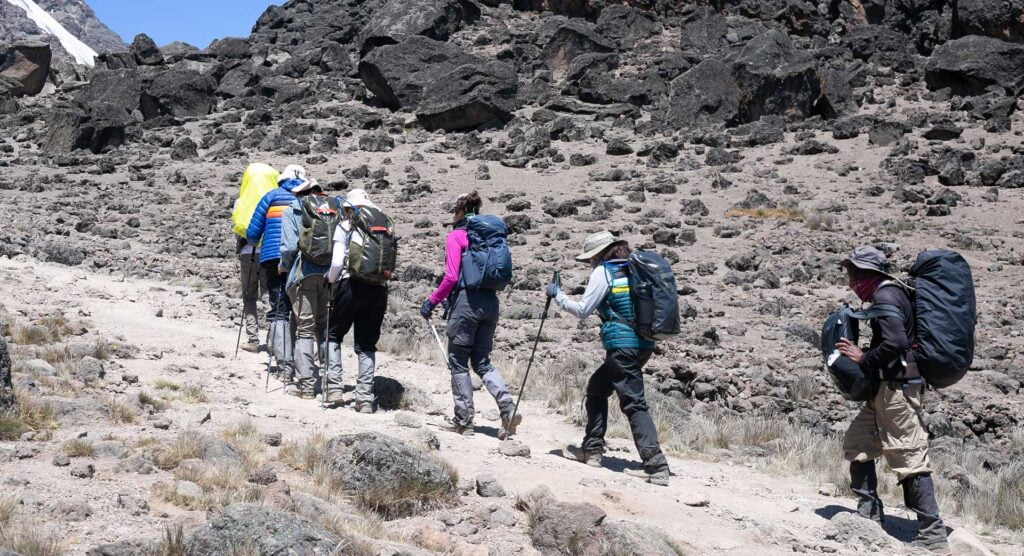
The best advice we can give is to train diligently and arrive in Tanzania in the best trekking condition. You will know that you have increased your chances of a successful and safe climb if you take this action.
Training should begin at least two months before your travel. It would be wise for individuals who are new to trekking to train for a longer duration. If you hike regularly, you should be right if you stick to your regimen. Day walks are an excellent way to be ready, but if you don’t have access to trails, you can train only on a stairmaster machine.
How to Prepare for Climbing Kilimanjaro: Altitude Training
It takes acclimatization to the high altitude to successfully climb Kilimanjaro.
The performance of someone who is really fit but finds it difficult to adjust will be inferior to that of someone who is not as fit but adjusts easily.
Before your climb, there are steps you may do to pre-acclimate or get ready for high altitude. For example, you can get some altitude training right before your trip. If scheduling makes that unfeasible, you can trek and travel to high-elevation locations on a few occasions to gauge your body’s reaction. You can pre-acclimate in your own house by using an altitude training method.
The majority of our customers perform admirably on the mountain even when they don’t pre-acclimate. Thus, don’t worry if you are unable to have exposure to or exercise at high altitudes while you are preparing.
For almost everyone, however, we highly suggest longer routes such as the 8-day Lemosho or 9-day Northern Circuit. Increasing the number of days you climb will almost always increase your chances of reaching the summit since it gives you more time to acclimate.
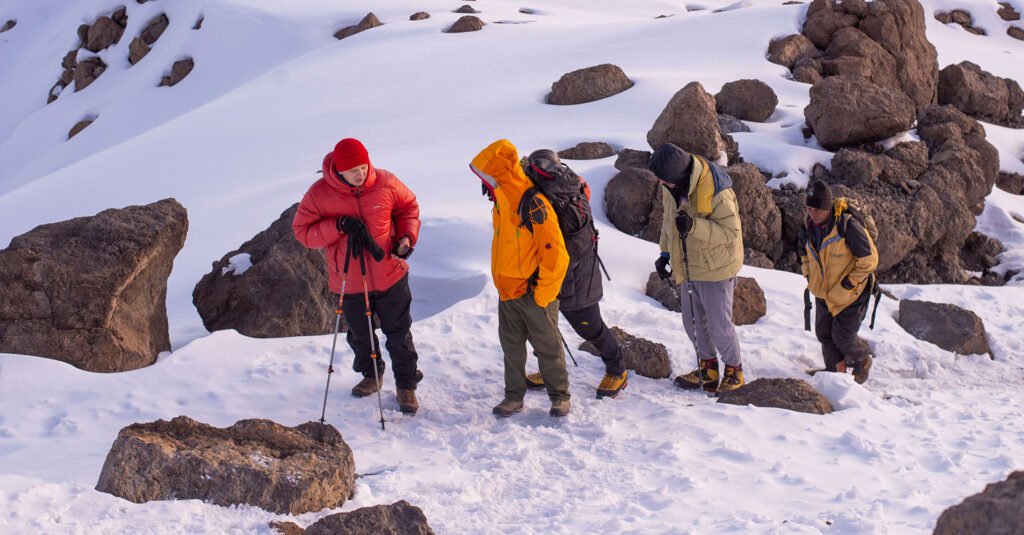
Tanzania Entry Requirements
Most nations, including those with passports from the United States, the United Kingdom, Canada, Australia, and New Zealand, need a valid passport to enter Tanzania.
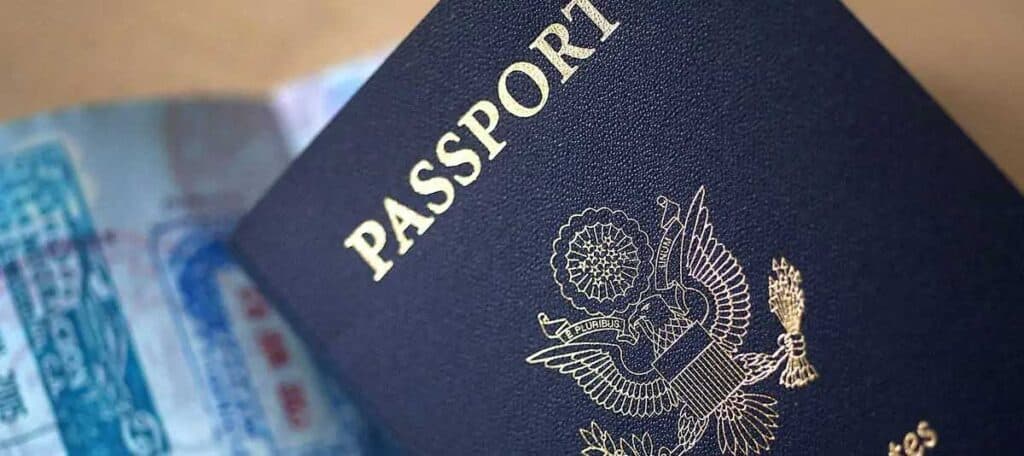
Medical Check
To join us on our climbs, there is NO medical examination required.
However, getting your doctor’s approval before climbing is a smart idea. It’s possible that your age, level of fitness, health, and any underlying medical disorders will prevent you from high-altitude hiking.
Each climber must meet our minimum fitness standard of less than 100 beats per minute at rest.
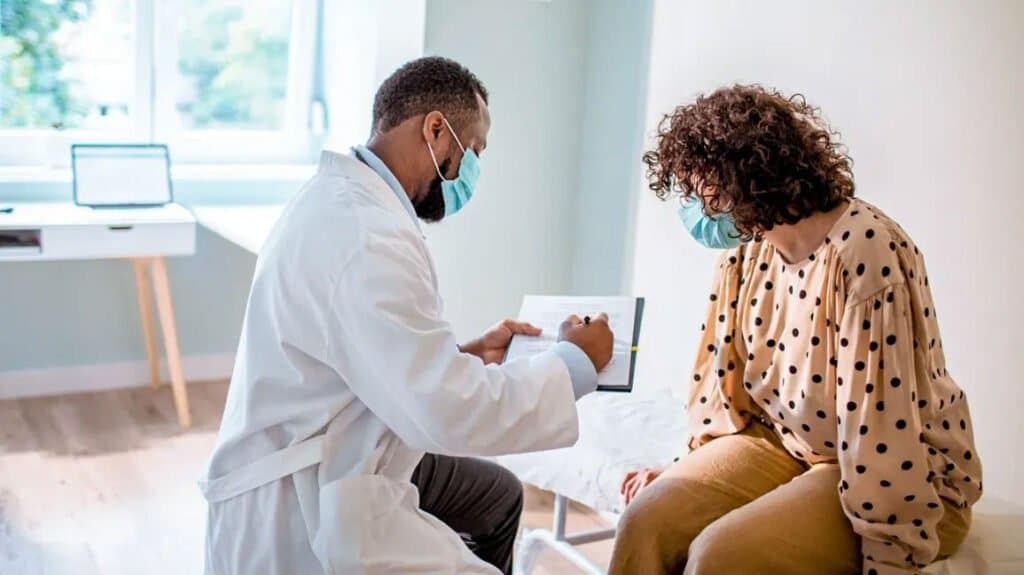
How to Prepare for Climbing Kilimanjaro: Vaccinations & Medications
To enter Tanzania, there are NO required immunizations, vaccines, or prescription drugs.
Nonetheless, the Centers for Disease Control and Prevention (CDC) advises that several vaccinations be given to visitors visiting East Africa. You should consult a medical practitioner about your trip plans to ascertain the appropriate immunizations and medications for you.
Travel Insurance
To travel on our trips, you must have travel insurance.
The following are covered by standard travel insurance: medical costs and emergency medical evacuation; trip cancellation, interruption, and delay; lost, stolen, and damaged baggage; and luggage delay.
Up to 6,000 meters of high-altitude trekking must be covered by your travel insurance. You will be qualified for helicopter rescue services from Kilimanjaro MedAir, a private company if you have this insurance.
Clients will not be permitted to participate unless they can show staff evidence of insurance upon inquiry.

Travel to Tanzania
We start and finish our climbs in Moshi, which is easily reached by Kilimanjaro International Airport.
Moshi is a northern Tanzanian town that produces coffee and serves as the entrance to Kilimanjaro National Park. Moshi is the perfect home base for climbing Kilimanjaro because of its accessible location close to the mountain’s base and its short distance (only 25 miles) to the airport.
Kilimanjaro International Airport (airport code: JRO) is served by several airlines, including Turkish Airlines, Ethiopian Airlines, KLM/Delta, Qatar Airways, and Lufthansa. Regular flights arrive at this airport.
Upon request, we may set up a pick-up and drop-off at the airport.

Checklist for Kilimanjaro Preparation
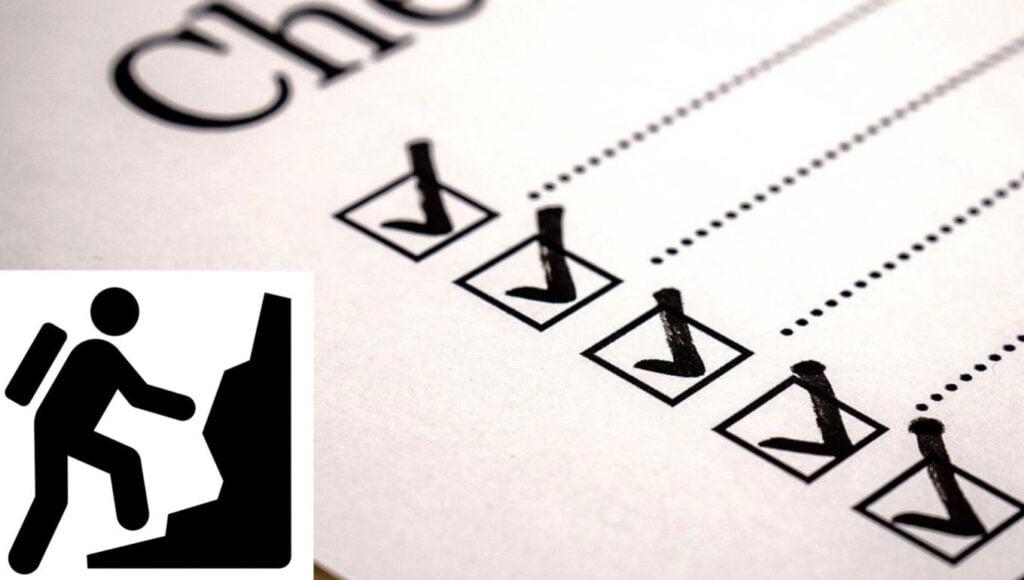
- Have you got every piece of equipment on our gear list that you need?
- For your ascent, have you trained?
- Do you possess a current passport and visa?
- Are you in good enough health to climb Mount Kilimanjaro?
- Have you received the advised shots, vaccines, and prescription drugs?
- Have you obtained the necessary travel insurance?
- Have your travel arrangements made?

